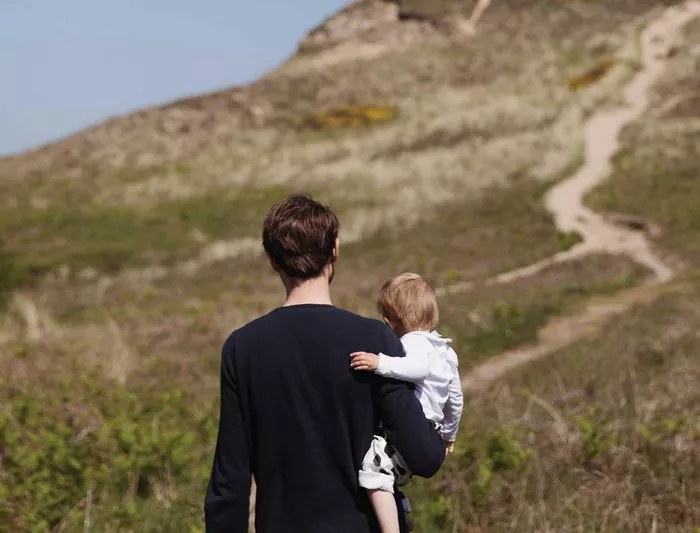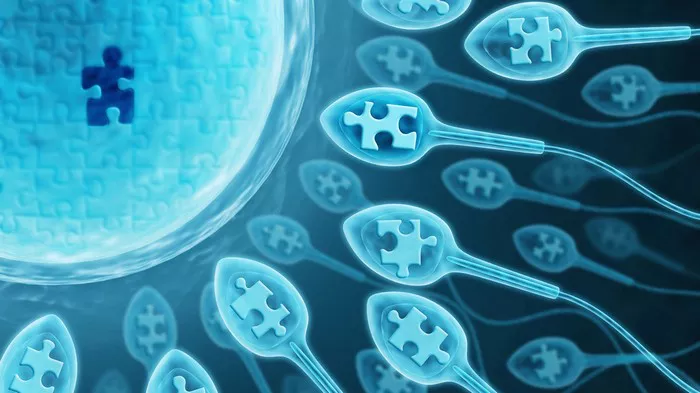Queenstown has witnessed a significant surge in the number of women seeking fertility assistance, with an almost 120% increase in consultations over the past year. The number of women seeking help jumped from an estimated 142 at the end of 2023 to 311 by the close of last year, encompassing a broad age range from women in their late 20s to those in their mid-40s.
Lydia Hemingway, CEO of Fertility NZ, attributes the rise to a growing demand for fertility support, particularly among younger generations in their 20s and 30s. She noted a marked shift toward online support services to accommodate this demand, with more women turning to virtual resources for advice and assistance. “We’ve had to adapt our services, with a greater focus on online platforms to reach this younger demographic,” Hemingway explained.
Queenstown stands out as one of the few locations offering in-person fertility support, providing a crucial lifeline for women facing logistical challenges, such as the need to travel to Dunedin for treatment. Eva Hooper, the local fertility coordinator, highlighted the importance of the in-person support network, describing it as a “huge connector” for women navigating the emotional and practical complexities of fertility treatment. She emphasized the value of having a local group where women can share experiences and get advice on handling sensitive issues, such as discussions with employers about taking time off for treatment.
This support has proven especially vital for migrant women or those living away from family and friends, who may otherwise lack a strong support system. For some women, cultural taboos around discussing reproductive health add another layer of difficulty in seeking help, making these services even more crucial.
Fertility challenges are increasingly complicated by financial considerations, with many women delaying family planning until they are more established in their careers or have secured stable housing. Hemingway pointed out that the difficulty of purchasing a home and the pressures of career advancement are significant barriers for women who want to start a family later in life.
In New Zealand, one in four people are affected by infertility, with male infertility responsible for about 50% of cases. In addition to medical infertility, a growing number of women are seeking assistance with “social infertility,” which refers to situations where there is no medical reason for infertility. This includes single women who haven’t yet found a suitable partner, or same-sex couples who face barriers such as finding sperm donors or surrogates.
Publicly funded fertility treatment is available in New Zealand, but long waiting lists and specific eligibility criteria—such as BMI restrictions—can make access challenging. For those who opt for fertility preservation, such as egg freezing, costs can be a significant hurdle. Egg freezing has become more common among women in their late 20s and early 30s who may not yet be ready to have children but wish to preserve their fertility for the future. The process, however, is costly, with private egg freezing procedures starting at around $13,000, in addition to the physical and emotional toll of hormone treatments.
Despite these challenges, Hemingway emphasized that most of the women seeking support are actively looking to conceive and are receiving continuous assistance. “We’re supporting them every month through their fertility journeys, whether it’s helping them manage treatment or offering emotional support during difficult times,” she said.
As the demand for fertility services continues to rise, the importance of accessible, comprehensive care—both online and in-person—remains a critical part of navigating the complex and often stressful road to parenthood.
Related topics:























